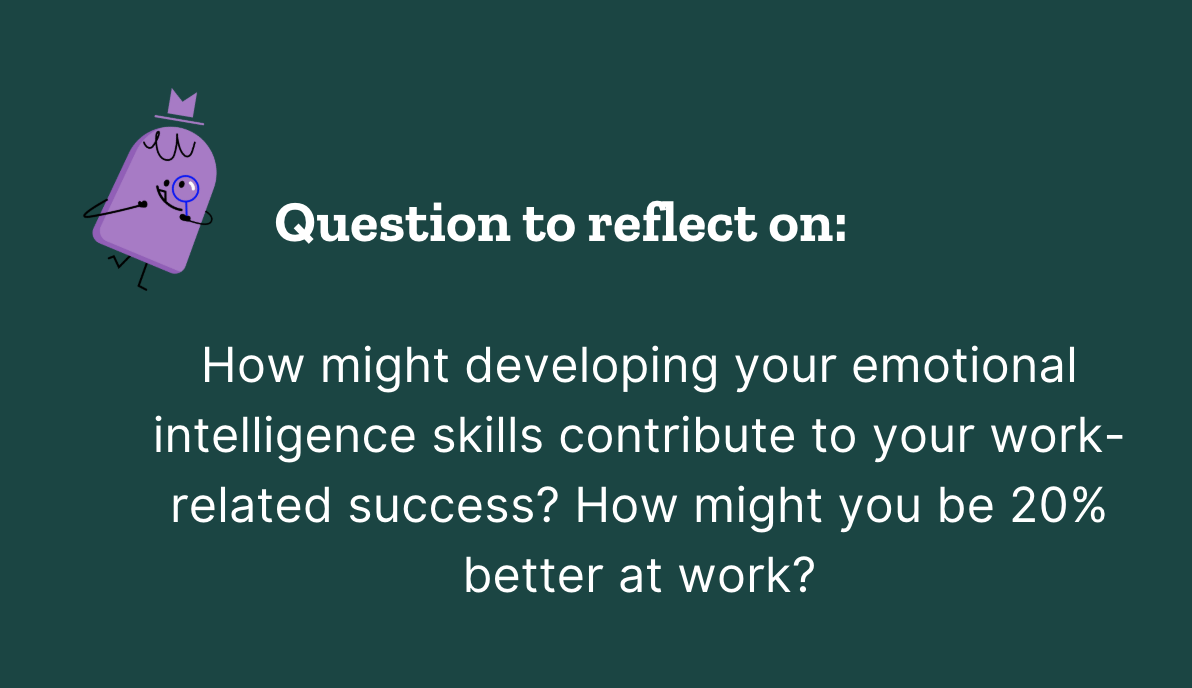Evaluating Claims: The Link Between Emotional Intelligence and Success
In the realm of social media and viral content, bold assertions about success frequently emerge. A recent claim caught our attention: "91% of successful people have a strong EQ." While this assertion has already been debunked, it prompts significant questions regarding the relationship between emotional intelligence (EI) and success.
Emotional intelligence, as defined by psychologists Peter Salovey and John Mayer, is the ability to recognise, understand, and manage our own emotions as well as those of others. Daniel Goleman further popularised this concept, highlighting its relevance in leadership and workplace dynamics. The term "motus anima," meaning "the spirit that moves us," encapsulates the essence of emotions in guiding our actions and decisions. Emotions are not merely reactions; they are integral to our cognitive processes. As neuroscientist Antonio Damasio noted in Descartes' Error, emotion is an indispensable fuel for the brain’s higher reasoning capabilities.
Success, according to the Cambridge Dictionary, is defined as achieving what one aims for or attaining a favourable outcome. This definition underscores that success is relative and contextual; it can vary significantly among individuals based on their goals and circumstances.
The Science Behind EI and Success
Research consistently indicates that emotional intelligence plays a crucial role in various aspects of success:
IQ vs. Other Forms of Intelligence: Robert Sternberg's research on successful intelligence reveals that IQ accounts for less than 4% of business success, while over 90% derives from other forms of intelligence, including emotional and social competencies. Many will have read about Chris Argyris experiment that illustrate the importance of emotional intelligence (EI) in group settings by demonstrating how a lack of EI can significantly diminish collective effectiveness. Argyris posited that when a group of individuals with high IQs (e.g., an average IQ of 130) come together without emotional intelligence, their collective effectiveness can drop dramatically, resulting in a collective IQ of only 65.
Credibility and Believability: Albert Mehrabian's studies suggest that up to 90% of our credibility may depend on our emotional intelligence, emphasising EI's importance in effective communication and relationship-building.
Career Success: A study published in the Journal of Vocational Behavior found that emotional intelligence is a strong predictor of job satisfaction. However, while EI contributes to intrinsic career success, demographic factors and proactive personality traits are more significant predictors of extrinsic success (such as salary).
Job Performance: A meta-analysis in the Journal of Organizational Behavior revealed a significant positive correlation between EI and job performance (ρ = 0.29), suggesting that individuals with higher EI tend to perform better at work, independent of other personality traits or cognitive abilities.
Academic Achievement: Research involving medical students indicated that higher EI scores correlate with better academic performance. Notably, EI can be taught; students who completed an EI curriculum demonstrated significant improvements in their emotional intelligence.
Stress Management: A study examining dental students found that those with higher EI reported lower levels of perceived stress, indicating that emotional intelligence can enhance resilience in high-pressure environments.
What Does All This Mean?
While claims like "91% of successful people have a strong EQ" may oversimplify the truth, they highlight the importance of emotional intelligence across various domains depending on individual goals. Based on several research papers reviewed, we can conservatively estimate the contribution of emotional intelligence to overall success as follows:
Job Performance Contribution: Based on the correlation of ρ=0.29, approximately 29% of job performance variance can be attributed to EI.
Career Satisfaction Contribution: Given the close link between job satisfaction and career success, we estimate that EI contributes around 20-25% to overall career satisfaction.
Academic Success Contribution: Similar contributions can be inferred for academic achievement, suggesting an additional 10-15% impact from EI.
By synthesising these insights, we can conclude that emotional intelligence contributes approximately 20-30% to human success across job performance, career satisfaction, academic achievement, and effective stress management.
However, it is essential to acknowledge:
EI is one among many factors contributing to success.
It overlaps with constructs like personality and cognitive ability.
Its effect on other life successes remains largely unexplored.
Measurement and interpretation can vary significantly, complicating efforts to establish causation.
While EI is not a magic bullet for success, it should be viewed as a skill set complementing technical knowledge and intellectual ability in the workplace—supporting success by at least 20%, making its development worthwhile.


